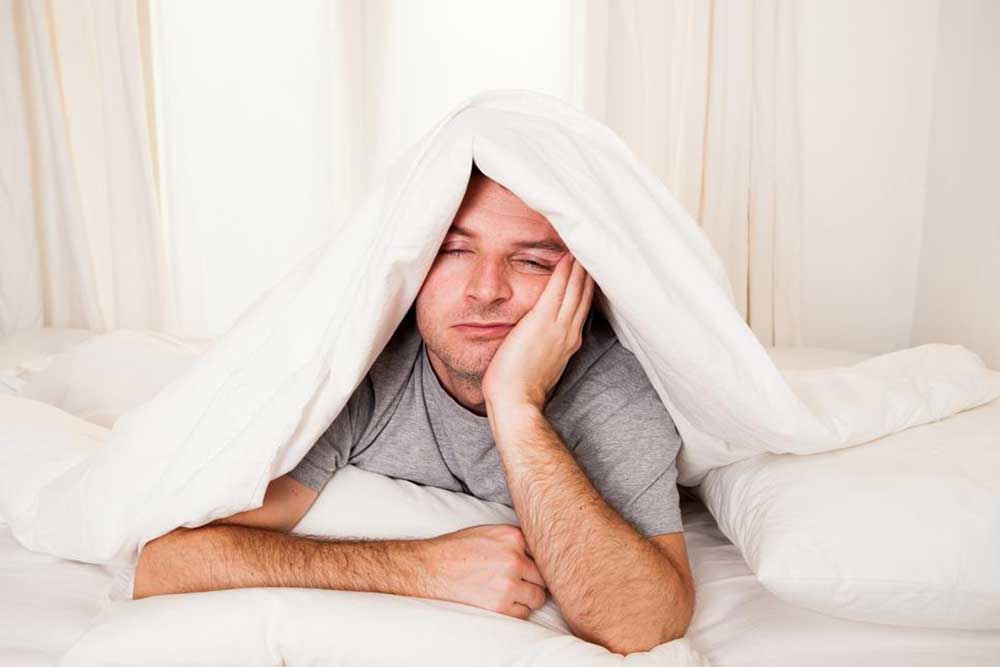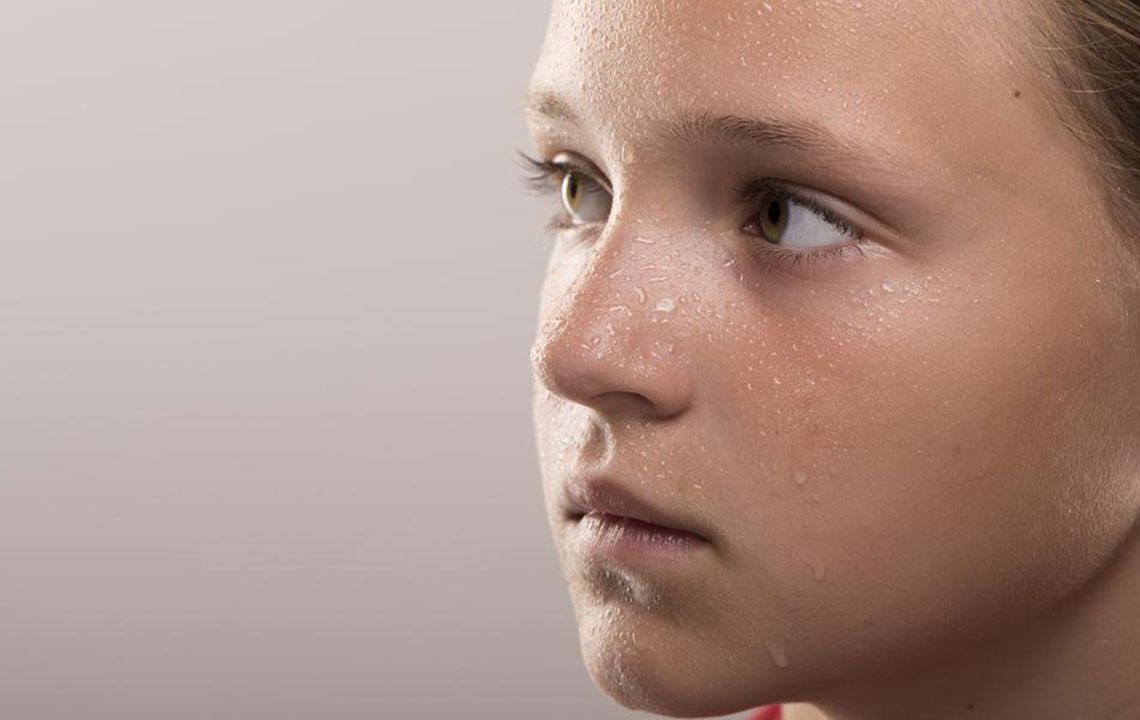Comprehensive Guide to Causes and Management of Night Sweats in Adults
Night sweats are a common yet complex issue with multiple underlying causes, including hormonal changes, infections, medications, and more. Recognizing these causes is crucial for effective treatment and improving sleep quality. This comprehensive guide covers the main reasons behind night sweats in adults, when to seek medical advice, and potential management options, helping individuals understand and address this condition thoroughly.

In-Depth Exploration of Common Causes of Night Sweats
Night sweats, also known as nocturnal hyperhidrosis, refer to episodes of excessive sweating that occur during sleep, often soaking through clothing and bedding. While occasional mild sweating due to warm environments or heavy sleepwear is common and generally harmless, persistent or severe night sweating without an obvious cause can be a sign of underlying health issues. It's crucial to understand the various factors that can trigger night sweats to seek appropriate diagnosis and treatment. In this detailed guide, we will explore the numerous potential causes, their mechanisms, and when to consult a healthcare professional for proper management.
Night sweats can significantly impact sleep quality, daily life, and overall health. They can serve as a symptom of broader health conditions that require medical attention. Understanding the primary causes—from hormonal changes to infections, medications, underlying organ dysfunctions, neurological problems, lifestyle factors, and even malignancies—can help individuals discern when their symptoms are benign or warrant thorough investigation.
Top Causes of Night Sweats in Adults
Identifying the cause of night sweats is vital for effective treatment. Here, we delve into the most common reasons why adults experience excessive sweating during sleep, emphasizing the underlying mechanisms and associated symptoms for each condition.
Hormonal Fluctuations: Menopause and Androgen Decline: One of the leading causes of night sweats in women is the hormonal upheaval during menopause. The significant decrease in estrogen levels leads to hot flashes, night sweats, and irregular periods. These symptoms are caused by the body's thermoregulatory disturbances during hormonal transition. Men can also experience similar symptoms due to a decline in testosterone levels, affecting sleep patterns and causing sweating episodes. Such hormonal imbalances disrupt normal temperature regulation, resulting in episodes of intense sweating during sleep, often accompanied by flushing or chills.
Blood Sugar Dysregulation: Hypoglycemia: Fluctuations in blood glucose levels, particularly drops below 70 mg/dL, can trigger night sweats. Hypoglycemia is commonly associated with diabetes management, especially in individuals taking insulin or certain oral medications. Symptoms include dizziness, tremors, anxiety, and sweating, which can disturb sleep. Recognizing and managing blood sugar levels through diet, medication adjustments, and monitoring is essential to prevent these episodes.
Infections: Bacterial and Viral Causes: Certain infections, such as tuberculosis or brucellosis (caused by contaminated dairy products), can cause chronic night sweats. Other infections like endocarditis or even HIV can also present with persistent night sweating. These symptoms often accompany fever, fatigue, or other signs of systemic illness. Prompt diagnosis and treatment with antibiotics or antivirals are critical for resolving both the infection and associated sweating episodes.
Side Effects of Medications: Multiple medications, including antidepressants, antipyretics, and pain relievers, can induce night sweats as adverse effects. For instance, selective serotonin reuptake inhibitors (SSRIs) are known to cause hyperhidrosis. It's important to discuss any new or worsening symptoms with your healthcare provider before making changes to your medication regimen.
Thyroid Disorders: Hyperthyroidism: Overactivity of the thyroid gland results in excessive production of thyroid hormones, which significantly speeds up metabolic processes. Symptoms include weight loss, increased heart rate, anxiety, heat intolerance, and night sweats. Proper diagnosis involves blood tests measuring thyroid hormone levels, and treatment often includes medication, radioactive iodine therapy, or surgery.
Neurological Conditions and Autonomic Dysfunction: Conditions affecting the nervous system, such as strokes or autonomic neuropathy, impair the body's ability to regulate temperature properly. These neurological disorders can lead to episodes of sweating, especially at night, due to disrupted autonomic nervous system control.
Alcohol Consumption: Excessive alcohol intake can cause vasodilation (widening of blood vessels), leading to increased heat loss and sweating. Alcohol also affects heart rate and nervous system regulation, contributing to episodes of night sweating. Reducing or abstaining from alcohol can help manage symptoms.
Malignant Diseases: Cancers and Hematological Disorders: Certain cancers, notably lymphoma and leukemia, can manifest with night sweats as part of systemic symptoms. Carcinoid tumors may also produce vasoactive substances that cause flushing and sweating. If-night sweats are persistent or severe, particularly when accompanied by unexplained weight loss or lymphadenopathy, prompt medical evaluation is essential for diagnosis and treatment.
Primary Hyperhidrosis and Secondary Hyperhidrosis: Primary hyperhidrosis is a localized, idiopathic condition causing excessive sweating without an identifiable cause, often affecting palms, soles, or armpits. Secondary hyperhidrosis results from underlying health issues such as infections, endocrine disorders, or medications. Accurate diagnosis involves comprehensive evaluation, and treatment may include medications, Botox injections, or other interventions.
Effective management of night sweats hinges upon identifying the underlying cause through a thorough medical evaluation. Consulting healthcare professionals such as internists, endocrinologists, or neurologists can facilitate comprehensive diagnostic workup, including blood tests, imaging studies, and possibly biopsies. Based on the diagnosis, tailored treatment plans can be implemented, including lifestyle modifications, medication adjustments, or addressing specific medical conditions.
Understanding the complex interplay of factors that contribute to night sweats empowers individuals to seek prompt medical attention, ensuring proper diagnosis and optimal management, thereby improving sleep quality and overall well-being.





